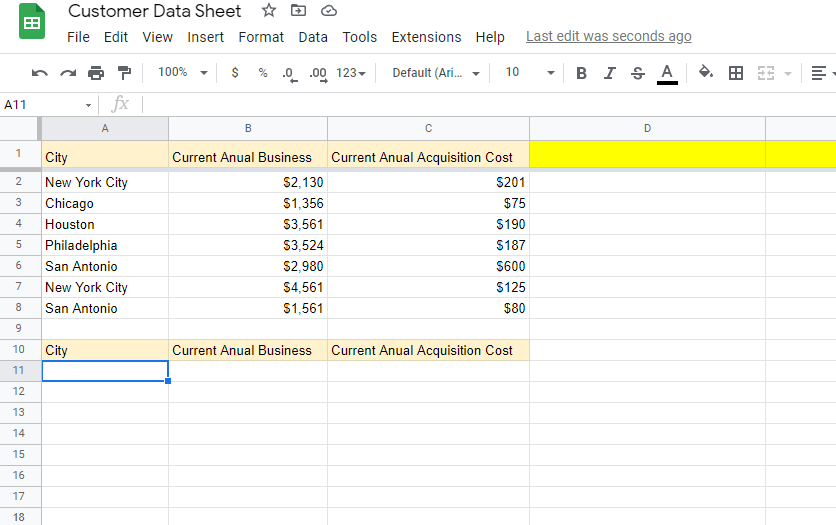[ad_1]
Board meetings aren’t always the highly productive conversations they’re supposed to be. When board members walk into the meeting room unprepared and unfocused, the conversation can quickly veer off track. By the time you’ve been chatting for an hour, it can feel like you’ve gotten nowhere.
While there are many factors which can lead to an ineffective board meeting, from overworked professionals to technical difficulties, the most common culprit is poor planning. Without a clear meeting agenda to guide you and your team, it’s too easy to end up distracted by countless other issues which might emerge during a board member meeting.

So, how do you create an effective meeting agenda?
Why Meeting Agendas Still Matter
While most board meetings started with agendas back in the day of conference room conversations, some companies have begun to lose track of this planning process in recent years. As the workplace and business landscape has evolved, the nature of meetings has changed too.
However, the shift to digital communication and collaboration has actually made board meeting agendas even more important. Now that team members are logging into conversations from their laptops, they’re even more likely to be distracted by other notifications and messages appearing on their screens mid-conversation.
A board meeting agenda ensures whether you’re meeting in person, online, or in a combination of the two environments, you have a map you can use to guide your conversation.

Tips for Writing a Useful Meeting Agenda
To ensure a productive, successful meeting, business leaders and board members need to set clear expectations and guidelines up front for what they want to achieve. Proper planning is the key to a successful meeting, regardless of if it’s in person or conducted remotely. Here are some quick tips to get you on the right track.
1. Establish Expectations for Meeting Topics
First, set ground rules for the topics you’re going to be covering during your next board meeting. Every topic on your list should have a clear purpose, so make sure each topic meets with one of the following criteria:
- It’s crucial to the business strategy at this time.
- The board will have value input to offer.
- The topic relates to something covered by the board’s oversight duties.
Aside from timely and relevant topics of conversation, you’ll also have to assign specific periods of time in your meeting to covering things like managing routine board business, and dealing with repetitive tasks, like regularly scheduled reviews.
2. Review Previous Meeting Minutes
If you’re using the right software for your board meetings, you should be able to look at your previous meetings’ minutes. This will help you to identify anything from your previous meeting which needs to be carried into the next discussion.
Looking at your meeting minutes will also give you an insight into the areas you may spend too long talking about.
Try to use your discoveries from your meeting minutes to close the loop on old business discussions before you start covering new topics.
3. Pay Attention to News and Changes
Although many of your board meetings may involve revisiting strategic plans you’ve been working on within the organization for some time, you’ll also need to pay attention to significant changes, or upcoming changes which your board might need to address.
Ask yourself if there are any concerns in the pipeline which might influence your business in the coming months.
Keeping your board informed of pertinent economic, community, and industry news can also help to foster important discussions about how to deal with whatever might happen in the marketplace.
4. Remember Calendar-based Events
While discussing potential changes in the business, you can also consider things like seasonal and calendar-based events which might have an impact on the board’s contributions to your business.
When setting your agenda, make sure you’re paying attention to the timing of the meeting, and how it corresponds with major activities, like budget planning, or updating the organization’s strategic plan for the new year.
Your meeting agenda should highlight any seasonal topics which need to be addressed as one of the top topics to cover, as these issues are usually extremely time sensitive.
5. Check Your OKRs, KPIs and Other Objectives
In the business world, things that can be measured can be more effectively managed. At any board meeting, you should be making time in your agenda to discuss the most valuable key performance indicators (KPIs) and Objectives and Key Results (OKRs).
These metrics will help determine if your business is still moving in the right direction, and what you might need to do differently.
Keep in mind, while it’s important to keep your board updated about KPIs and important objectives, not every change will warrant a massive board-level discussion. Business leaders should take the time to evaluate the headline indicators in their business before any board meeting to determine which metrics need to be mentioned.

Use Meeting Agendas to Your Advantage
While creating a meeting agenda for your upcoming board meeting can seem like a time-consuming or exhausting task, it’s an important part of making sure the meeting goes without a hitch.
Planning your conversations carefully will ensure you have all the information and guidance you need to discuss the right topics with your board, and drive positive action for the business.
[ad_2]
Source link



